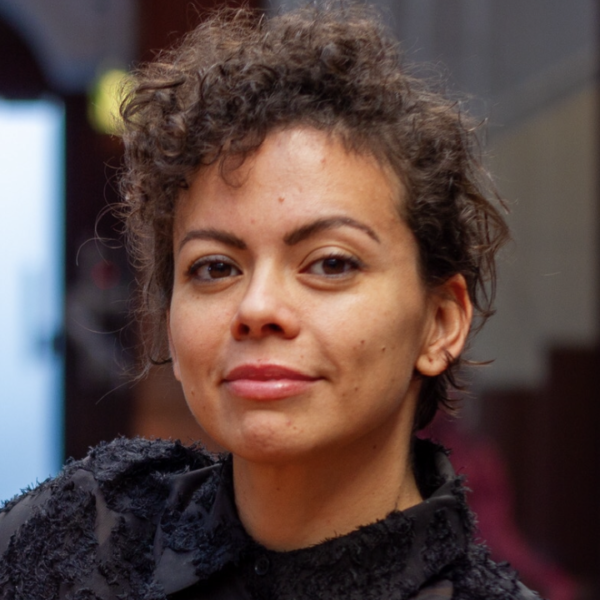This project departs from the emergence of cinema in early 20th century South Africa, and its role in constituting a new public sphere around this form of leisure. My project traces cinema’s mass popularity in South Africa along with the attempts of the state, police and cultural elites to control and regulate screenings. It presents cinema as a central element of postcolonial public order and new disciplinary regimes, serving both as a critical social space for public engagement and platform for political discourse. The project considers how the regulation of cinema was used to advance a self-appointed ‘democratic safeguard’ of mass publics, by charting negotiations on municipal, national, and international levels. The project examines the broader political and cultural implications of cinema regulation, considering how it both created and curtailed publics based on class, race, gender, and age. Drawing on extensive archival research, including correspondence, laws, public licenses, applications, and censorship reports housed in the National and Western Cape archives, as well as gaining insights from censored films, the project offers an analysis of how cinema shaped the imagination of a national public sphere that turned cinema into a symbol of state surveillance and discipline, between 1910 and 1950.
Menu
Share this project:
Share on whatsapp
WhatsApp
Share on email
Email
Share on facebook
Facebook
Share on twitter
Twitter
Share on linkedin
LinkedIn
Is any information on this page incorrect or outdated? Please notify Ms. Nel-Mari Loock at [email protected].


